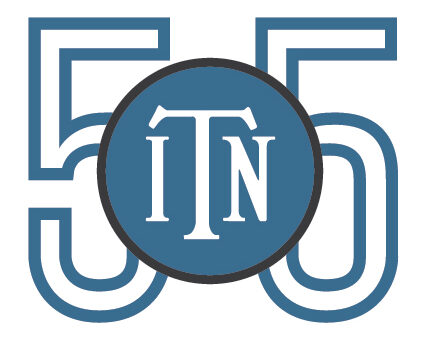By Nigel Dacre
Jon Roberts, ITN’s Director of Technology, Production and Innovation spoke at a Press Gazette media technology event in September about Generative Artificial Intelligence.
He said: “We want to embrace AI wherever we possibly can… but we need to do it responsibly and safely”. He described generative AI as “very exciting”, and that they were in the “the co-pilot phase of AI”, with the aim of enhancing productivity and giving journalists better tools for finding and telling stories.
The event was the Press Gazette’s Future of Media Technology Conference, held in London on Wednesday 6th September.
When asked about whether teams are nervous about AI’s impact on staff, he replied that: “The jobs question comes up very quickly, and we are mindful of this… Our job is to be open about AI. We are having a conversation across the company about it.” He added that ITN had issued AI guidelines earlier in the year, and since then had set up cross-company working groups to look at the impact of AI.
He argued that AI is particularly good at tagging and searching media content, is already offering new graphics and editing tools, and has huge potential for re-versioning content, including automated transcriptions, translations and summaries.
But he added that “change is difficult to drive in a newsroom”, and many production systems have “become ingrained”. He describes how there was “natural caution” in the newsroom. He said they had discussed how AI may take some of the drudgery away – but then went on to say that some in the newsroom have argued that learning how to do those basic tasks is what makes you a good journalist.
Jon said that in the last year, AI has taken up “an awful lot of my time… It’s a challenge, because it’s moving so quickly. New AI tools are coming out by the week.” He explained that ITN, as a company, had always been affected, every 10 years or so, by new technology, whether it was ENG, SNG, or computer graphics. And now, he said, it’s AI.

